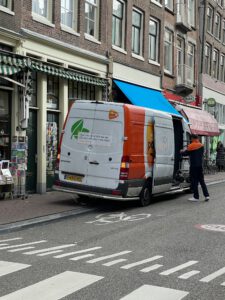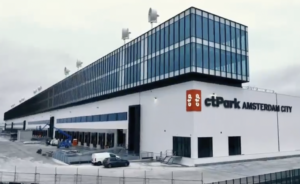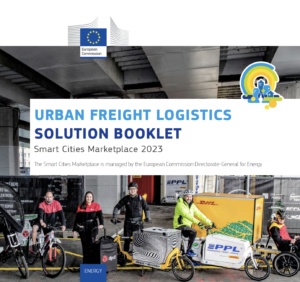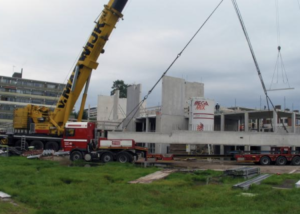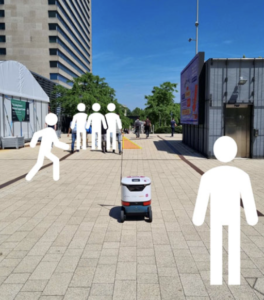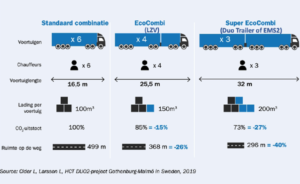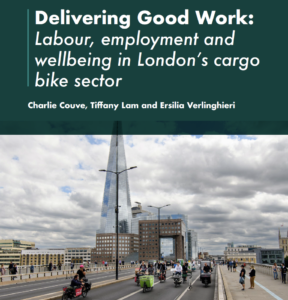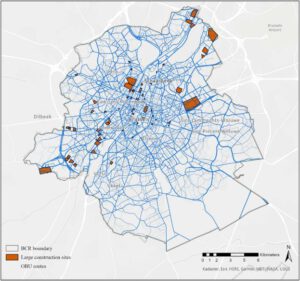A framework for city logistics and decarbonization
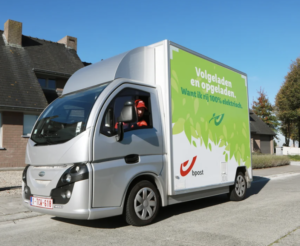
City logistics must be organized more sustainably and eventually decarbonize. To this end, the focus is mainly on electrification as a technical measure, whereby electric equivalents eventually substitute conventional vehicles. There are, however, numerous decarbonization strategies for city logistics, some of which aim to reduce the number of vehicle movements by changing demand, more collaboration …

